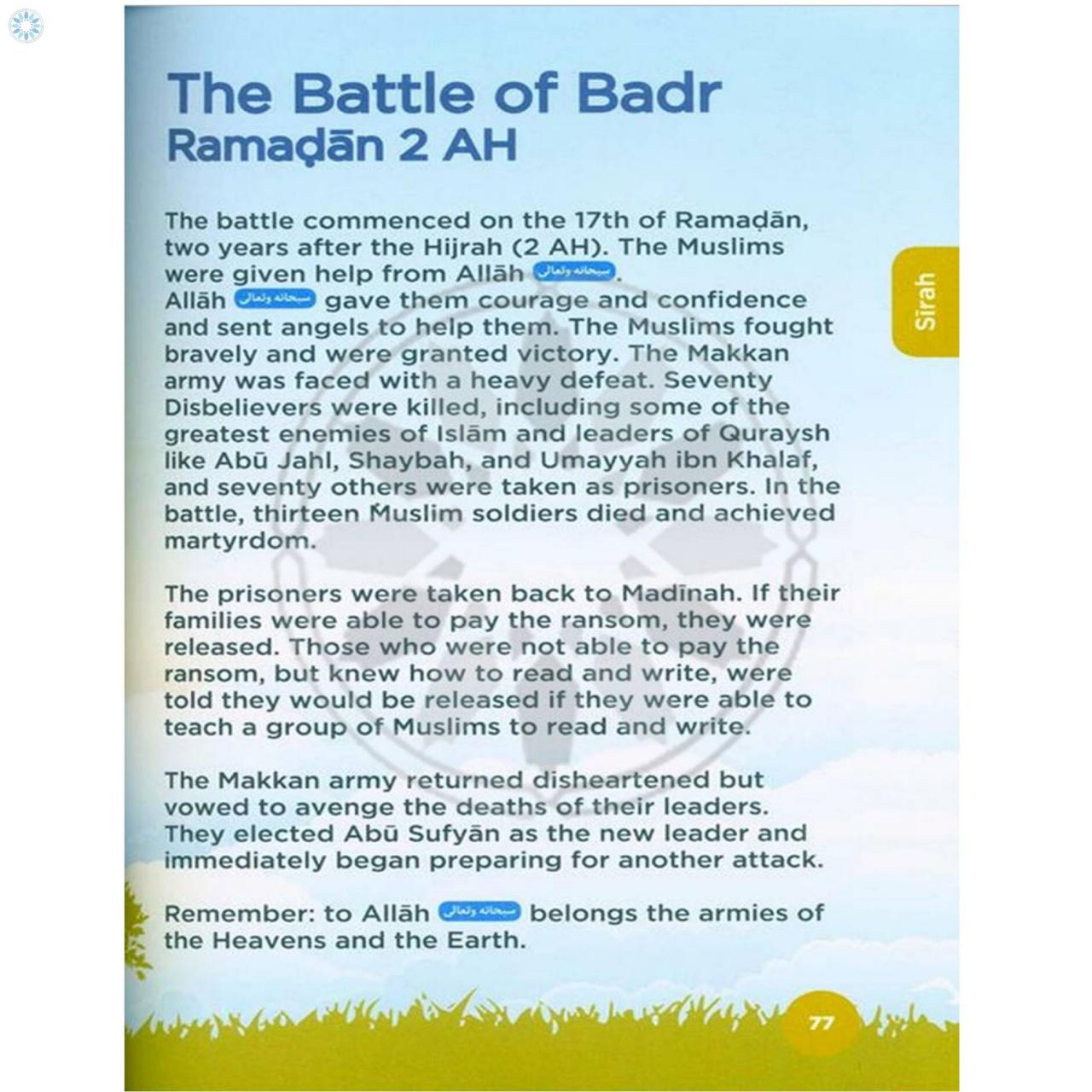An Nasihah Islamic Curriculum Book 4 embarks on an enlightening journey, delving into the core principles and values of Islam to guide young learners in their spiritual and personal growth. This comprehensive curriculum, tailored for the appropriate grade level, provides a solid foundation in Islamic teachings, fostering a deep understanding and appreciation of the faith.
Through engaging lessons and interactive activities, An Nasihah Islamic Curriculum Book 4 ignites a passion for learning, encouraging critical thinking, problem-solving, and active participation. By integrating technology and multimedia, the curriculum enhances the learning experience, making it both immersive and impactful.
1. Overview of An Nasihah Islamic Curriculum Book 4

An Nasihah Islamic Curriculum Book 4 is a comprehensive resource designed to guide Muslim students in their spiritual and academic journey. The curriculum aims to foster a deep understanding of Islamic principles and values, while equipping students with the knowledge and skills necessary to navigate the challenges of modern society.
The curriculum is intended for students in grades 4-5 and covers a wide range of topics, including the Quran, Sunnah, Islamic history, and contemporary issues. It is designed to be flexible and adaptable to meet the needs of diverse learning environments.
Key Concepts and Values
The curriculum emphasizes core Islamic concepts such as tawheed (the oneness of God), nubuwwah (prophethood), and akhirah (the afterlife). These concepts are presented through engaging stories, interactive activities, and real-world examples.
The curriculum also places a strong emphasis on values such as honesty, integrity, compassion, and respect. Students are encouraged to reflect on these values and apply them in their daily lives.
Pedagogical Approach, An nasihah islamic curriculum book 4
The curriculum utilizes a variety of teaching methods and strategies to cater to diverse learning styles. It incorporates active learning techniques, such as group discussions, role-playing, and hands-on activities, to enhance student engagement.
The curriculum also encourages critical thinking and problem-solving skills by presenting students with real-world scenarios and challenging them to find Islamic solutions.
Assessment and Evaluation
Student learning is assessed through a variety of methods, including formative assessments, such as quizzes and class participation, and summative assessments, such as tests and projects.
The curriculum provides clear criteria and standards for evaluating student performance. Assessment results are used to provide feedback to students and to identify areas for improvement.
Cultural Context and Relevance
The curriculum is rooted in the cultural context of Muslim students. It incorporates examples and references that are relevant to their daily lives and experiences.
The curriculum also promotes cultural understanding and appreciation by exposing students to diverse perspectives and traditions within the Muslim community.
Case Studies and Real-World Applications
The curriculum includes case studies and real-world examples that demonstrate the practical relevance of Islamic principles and values.
Students are encouraged to apply these principles to their own lives and to make a positive impact on their communities.
Outcome Summary
An Nasihah Islamic Curriculum Book 4 concludes with a profound reflection on the transformative power of Islamic education. It emphasizes the significance of cultural context and relevance, ensuring that students connect with their faith in a meaningful way. Through real-world applications and case studies, the curriculum empowers young Muslims to navigate the complexities of modern life, guided by the timeless wisdom of Islam.
Detailed FAQs
What is the purpose of An Nasihah Islamic Curriculum Book 4?
An Nasihah Islamic Curriculum Book 4 aims to provide a comprehensive understanding of Islamic principles and values, fostering spiritual growth and personal development in young Muslim learners.
Who is the target audience for this curriculum?
The curriculum is designed for students at the appropriate grade level, catering to their specific developmental needs and ensuring accessibility to Islamic teachings.
How does the curriculum assess student learning?
An Nasihah Islamic Curriculum Book 4 employs various assessment methods to evaluate student progress, including formative and summative assessments, to provide feedback and support student growth.